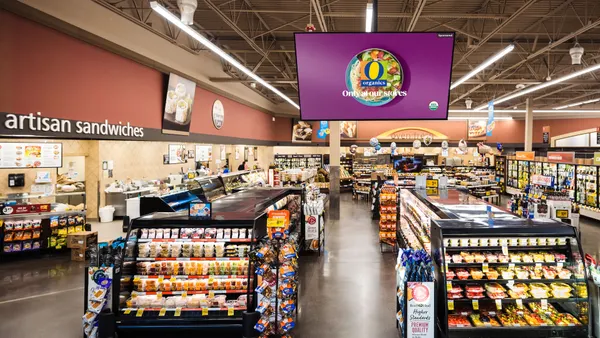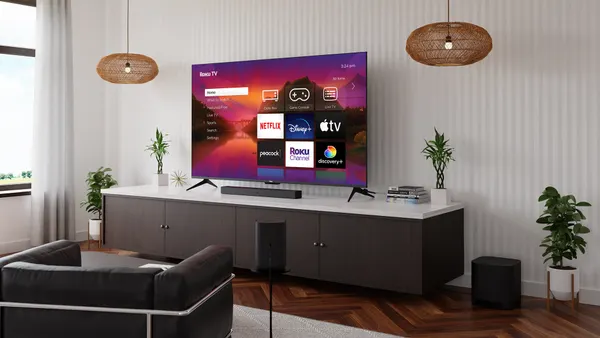Dive Brief:
- IBM has introduced Watson Assistant, a smart enterprise assistant that combines artificial intelligence, cloud computing and the Internet of Things to help businesses “enhance brand loyalty and transform customer experiences, while keeping the business and customer data private and secure,” an IBM blog post said.
- The new assistant was unveiled at Think 2018, IBM's annual partner event, where Harman demonstrated the product in its digital cockpit solution in a Maserati GranCabrio. Other brands using Watson Assistant include Airwire, Munich Airport, Kaon Media, the Royal Bank of Scotland and IFTTT. Applications for Watson Assistant are currently available for auto manufacturers and hospitality brands that can be white labeled and offered to customers in their cars or rooms.
- Watson Assistant — which can be accessed via voice and text — can be embedded in a variety of locations, including a car, hotel room, retail store, conference room and more. The assistant can be accessed via voice or text, and it gets to know users through interactions to better understand who they are, what makes them happy and other qualities. The deep understanding of users, combined with their location and time of day, lets the assistant anticipate users’ needs and make recommendations, according to the post.
Dive Insight:
Thus far, marketers have been experimenting with artificial intelligence and voice assistants to provide product information, answer questions with information readily available online and provide customer service help. IBM’s Watson Assistant takes the voice-assistant capability a step further by attempting to get to know consumers and providing tailored recommendations that go beyond general, preset or publicly available information, the blog post said. At this early stage, IBM is clearly targeting industries for which business professionals are a big part of their customer base.
Another important element of IBM’s assistant is that is designed for multiple locations, expanding the potential for brands to create many different types of skills or conversations that are relevant for their consumers at key moments. Using information about a business and customer data, the assistant promises to provide contextual, lifelike conversations that offer greater personalization. In an example provided in the blog post, a person on a business trip could automatically check into a hotel upon landing at the airport and pickup a rental car already programmed with the hotel's address. As the car nears the hotel, Watson Assistant signals the arrival and updates the assigned room with personal preferences.
The segment for AI assistants is growing quickly as consumers embrace the ease of simply commanding a smart speaker, smartphone or other device to make a phone call, play a song or other everyday task. While Apple's Siri was one of the first entries, Amazon's Alexa — the current leader in this space — showed the potential for in-home use, resulting Google, Apple and other coming out with their own smart speakers. IBM, which has one of the most advanced AI offerings, sees an opportunity to gain a foothold by targeting enterprises.
Forrester predicts that 20% of firms will use AI to make business decisions and offer customer service and sales support in 2018. Several brands have created AI-powered marketing campaigns to provide useful and educational experiences that help consumers solve problems and are seeing substantial engagement. Emirates Vacations recently launched digital display ads with AI-powered chatbots that answer travel and trip questions. During a 30-day test of the feature, the company had an 87% engagement lift compared to the average display ad click-through. Lawn care company TruGreen is partnering with IBM Watson Advertising to create an AI interactive Watson Ad offering personalized recommendations and tips.










